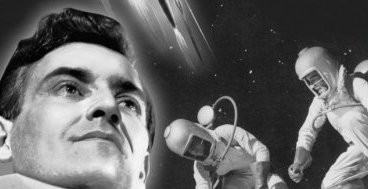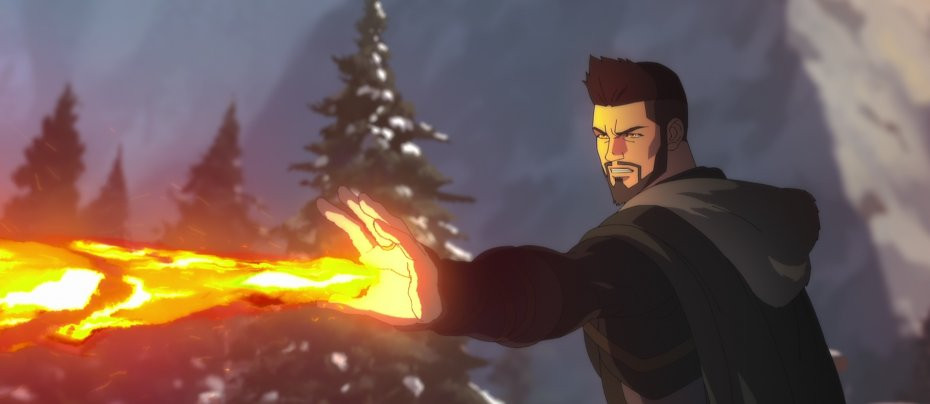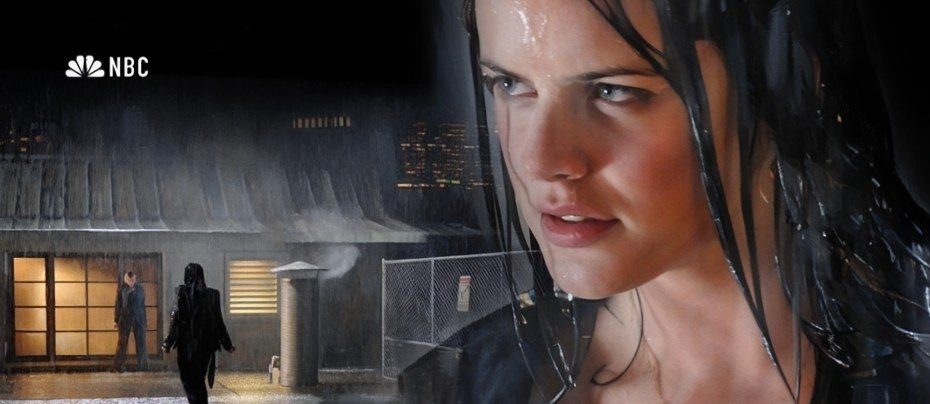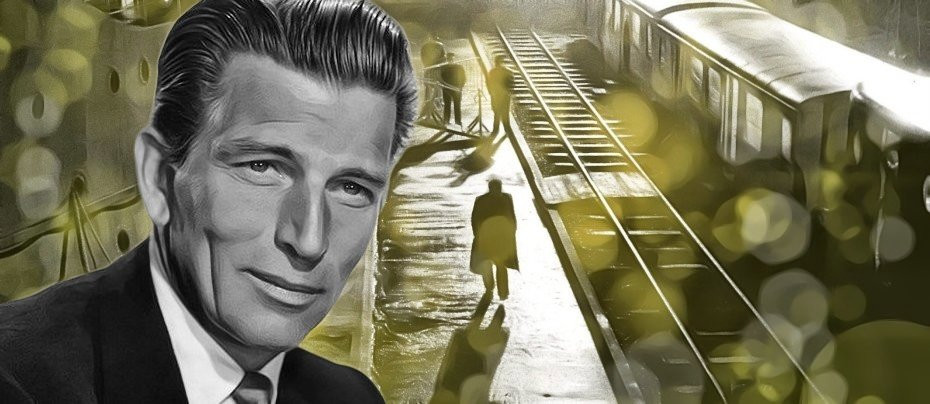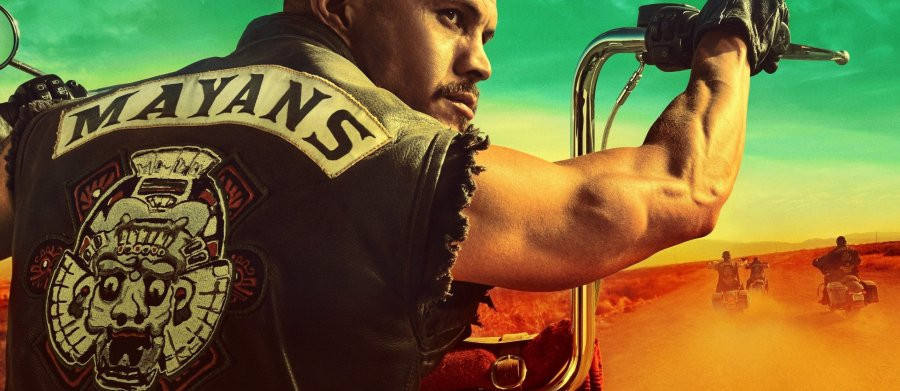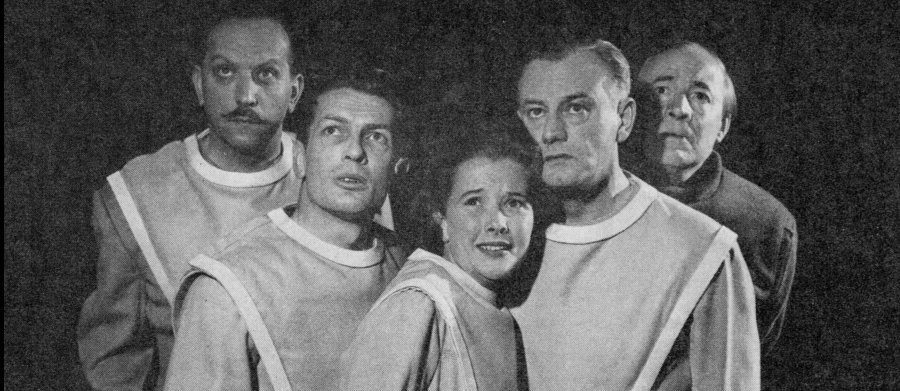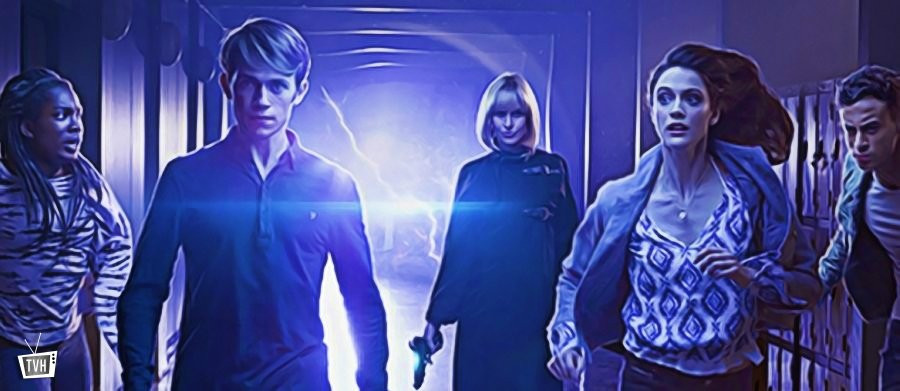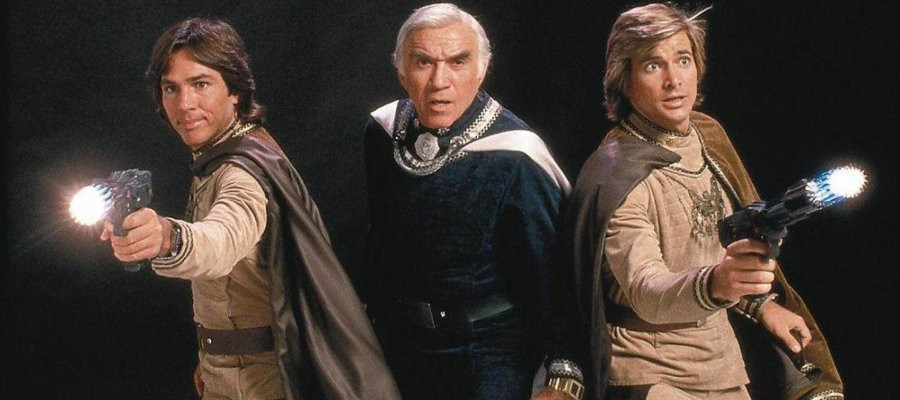
Battlestar Galactica
1978-2004 - United StatesCreated in 1978 by prolific television producer Glen A. Larson, Battlestar Galactica first burst onto American TV screens as an ambitious science fiction epic that attempted to ride the crest of the Star Wars wave. Chronicling the plight of a small band of human survivors fleeing the destruction of their twelve homeworlds by the pitiless cybernetic Cylons, the series followed their desperate search for a fabled thirteenth colony: a mysterious planet called Earth. Safeguarded by the last surviving battlestar, the Galactica, the rag-tag fleet’s journey was heroic in scope if somewhat formulaic in execution.
Lavish by the standards of late-70s television, Battlestar Galactica was reportedly one of the most expensive series ever produced at the time. Its space opera aesthetics, complete with sweeping dogfights and interstellar intrigue, reflected the immense influence of George Lucas’ newly released Star Wars. Yet beneath its laser battles and robotic villains lay a curious conceptual layer informed by Larson’s own Mormon beliefs — an underpinning that added a dash of myth and mysticism to what otherwise might have been a straightforward sci-fi adventure.
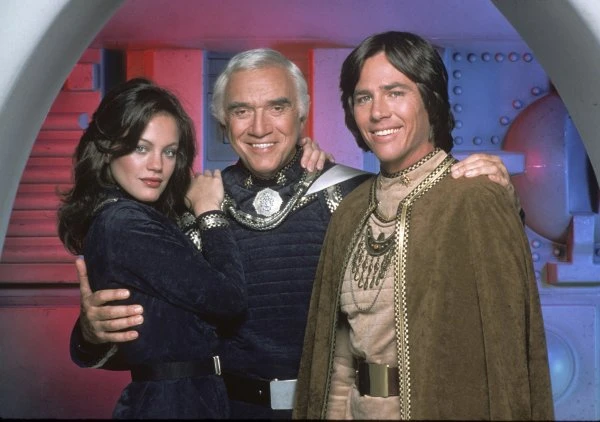
Lorne Greene, already a household name for his role as Ben Cartwright in Bonanza, played the role of Commander Adama, the wise and steadfast leader of the Battlestar Galactica. Adama was a central figure in the series, both a military commander and a spiritual father figure, guiding the remnants of humanity. Dirk Benedict played Lieutenant Starbuck – A roguish, cigar-smoking Viper pilot known for his charm, gambling habits, and womanising.
Despite cultivating a loyal fanbase and attracting decent viewership figures, the sheer cost of production became its Achilles' heel. After just one season, the original Galactica was cancelled, leaving many storylines unresolved and fans dismayed. But the legend refused to die. Over the years, various proposals and fan-led campaigns—including a determined effort by original cast member Richard Hatch (Captain Apollo - Adama’s son and one of the fleet’s top Viper pilots) — kept the flame of revival flickering.
That flicker finally ignited into full flame in the early 2000s, when the US Sci-Fi Channel, in collaboration with the UK’s Sky, commissioned a two-part miniseries helmed by former Star Trek writer/producer Ronald D. Moore. Rather than continue the original's bright-and-shiny space fantasy, Moore reimagined Battlestar Galactica as a gritty, unrelentingly bleak political and philosophical drama that bore more in common with post-9/11 anxieties than Saturday morning serials.
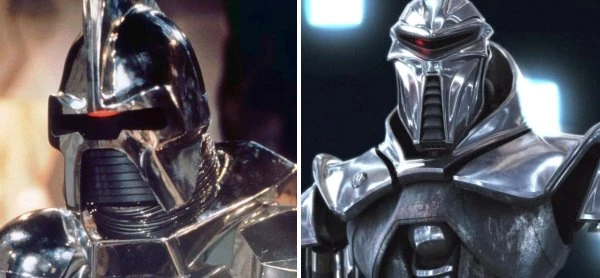
In this new telling, the Cylons were no longer just metallic villains with glowing red eyes — they had evolved, infiltrated, and in some cases, passed entirely for human. This raised chilling new questions about identity, faith, trust, and survival. Religion became a central theme, not in a simplistic "good versus evil" binary, but as a deeply embedded part of the characters’ struggles, with the Cylons themselves claiming a monotheistic faith and a soul. The lines between oppressor and oppressed, right and wrong, were now irrevocably blurred.
Edward James Olmos was now the battle-hardened commander, Jamie Bamber played Captain Lee "Apollo" Adama and in a straight gender swap Katee Sackhoff played Lieutenant Kara "Starbuck" Thrace. Other characters were reimagined and new ones were brought in such as Number Six played by Tricia Helfer as a seductive, manipulative humanoid Cylon. Helfer portrayed multiple versions of Six with distinct personalities.
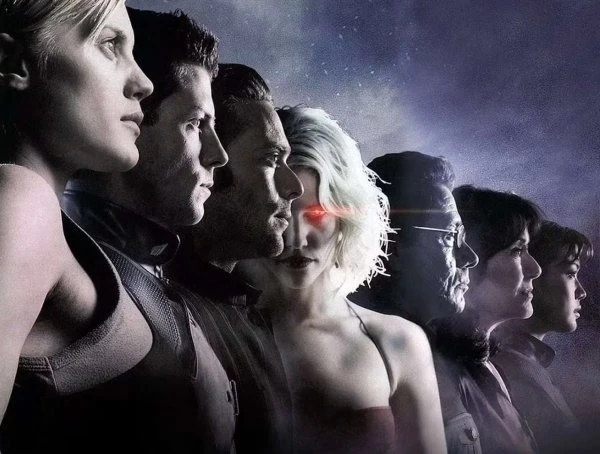
The miniseries was a resounding success, setting ratings records for the Sci-Fi Channel and paving the way for a full series commission. Moore’s Galactica dared to ask difficult questions and challenge its viewers, proving that science fiction could be as emotionally and thematically complex as any prestige drama.
Looking back, the original 1978 Battlestar Galactica now appears as a noble but flawed forebear — brimming with ambition but tethered to the conventions of its time. Yet it laid the foundations for a reboot that would redefine genre television. In many ways, Larson’s vision, with its roots in theology and survivalism, finally found its fullest expression in Moore’s darker, more mature retelling.
From polyester space uniforms to existential dread in the vacuum of space, Battlestar Galactica has undergone one of science fiction’s most remarkable evolutions — and for that, it remains essential viewing for any fan of the genre.
Seen this show? How do you rate it?
Seen this show? How do you rate it?
Published on November 29th, 2018. Written by Laurence Marcus for Television Heaven.



